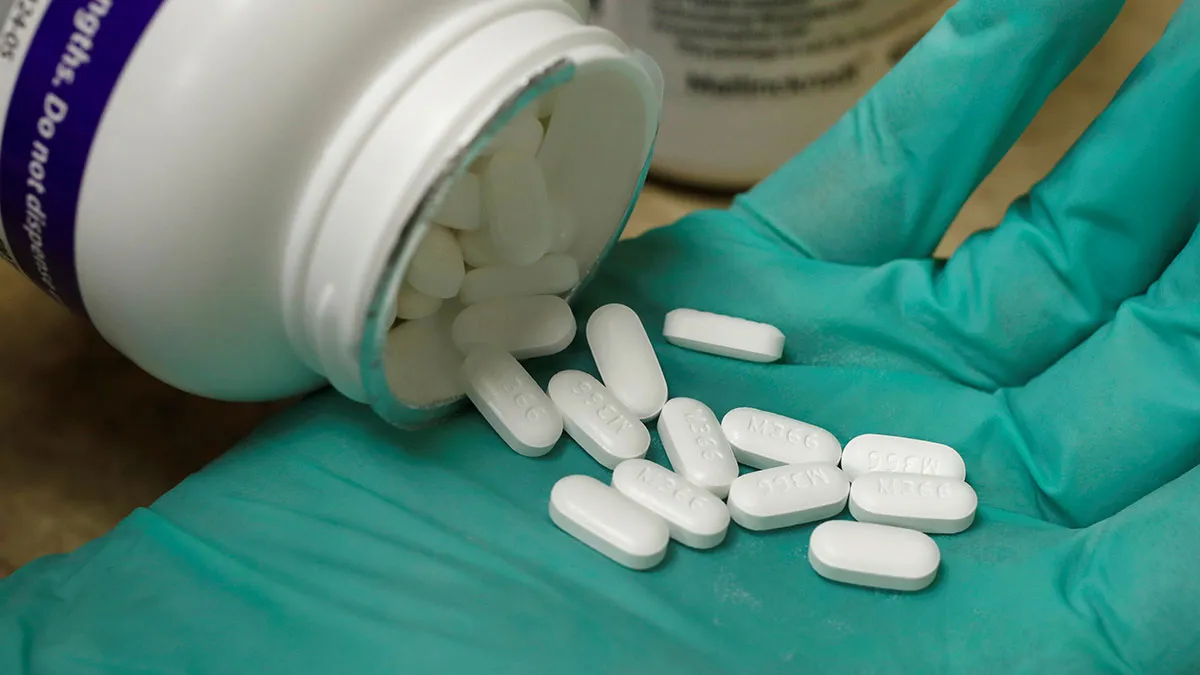
President Trump said Tuesday that he plans to impose tariffs on pharmaceutical imports as soon as next week as part of his effort to boost domestic manufacturing, with the levies potentially reaching as high as 250%.
“We’ll be putting initially a small tariff on pharmaceuticals,” Trump told CNBC. “But in one year, one and a half years maximum, it’s going to go to 150% and then it’s going to go to 250%, because we want pharmaceuticals made in our country.”
Saying he is focused on sector-specific tariffs like those he has already imposed on steel and autos, Trump also threatened to slap tariffs on semiconductors and computer chips “within the next week or so.”
Targeting pharma: Trump made a similar threat against drugmakers in early July, when he said he would impose a 200% tariff on pharmaceutical imports “very soon.”
Since that date, multiple drugmakers, including Merck, Roche, and Eli Lilly, have announced plans to invest upwards of $250 billion in new facilities in the U.S.
However, according to industry analysts who spoke to CNN’s Tami Luhby, those investments are unlikely to lower costs for U.S. consumers or reduce the country’s reliance on imported goods. Many of the investments announced by drugmakers were already in the pipeline, analysts told Luhby, and there’s no guarantee that the full investments pledged by the companies will ever come to pass.
“They are just reiterating it because they’re probably trying to make sure that the president is aware that they have manufacturing here and that they are listening to him,” Evan Seigerman of BMO Capital Markets said. “They’re playing ball. It’s all about the deal with President Trump.”
Another problem is that the majority of medicines used by Americans are generics, and the margins on those products are so small that it would be difficult for manufacturers to operate in a high-cost country like the U.S.
“It’s highly, highly unlikely we will see generic production expand in the US without significant incentives for these companies,” Erin Fox, associate chief pharmacy officer at University of Utah Health, told Luhby. “If we do move production on some drugs to the U.S. because we want to be sure from a national security standpoint, that’s fine, but that’s going to cost money.”